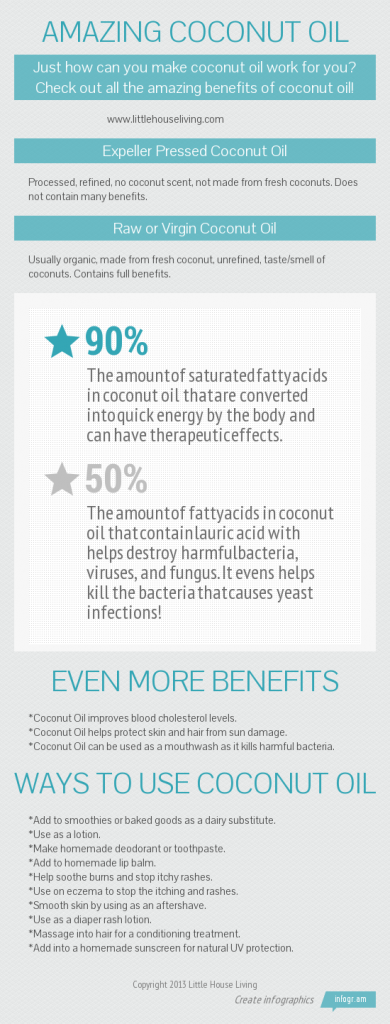Coconut oil has become a ubiquitous ingredient in the realm of skincare, often lauded for its purported benefits. As a natural emollient, it holds the promise of hydration and nourishment for the skin. However, before incorporating coconut oil into your skincare regimen, it is essential to examine both the potential advantages and drawbacks. Below, we delve into the multifaceted aspects of using coconut oil as lotion, bringing forth a comprehensive review of its pros and cons.
Understanding Coconut Oil
Coconut oil is extracted from the meat of mature coconuts, offering a wealth of fatty acids and nutrients. It is primarily composed of saturated fats, including lauric acid, which is known for its antimicrobial properties. This oil is versatile in its applications, ranging from culinary uses to cosmetic formulations. Though coconut oil is increasingly popular, its efficacy as a moisturizer bears scrutiny.
The Pros of Using Coconut Oil as Lotion
1. Deep Moisture Retention
Coconut oil is an occlusive agent, meaning it forms a protective barrier on the skin, preventing trans-epidermal water loss. This characteristic makes it especially beneficial for individuals with dry or dehydrated skin. By sealing in moisture, it helps maintain the skin’s hydrodynamic equilibrium.
2. Rich in Nutrients
This oil is rich in essential fatty acids, vitamins E and K, and antioxidants. These components can aid in skin health by promoting elasticity and reducing signs of aging. Additionally, the presence of antioxidants may help mitigate oxidative stress caused by environmental factors.
3. Antimicrobial Properties
The lauric acid in coconut oil exhibits antimicrobial and antifungal properties, potentially defending the skin against harmful microorganisms. This can be particularly advantageous for individuals prone to acne or skin infections, as it may help in reducing outbreaks.
4. Natural and Chemical-Free
Coconut oil is a natural product, devoid of synthetic chemicals and additives typically found in commercial lotions. This makes it an attractive option for individuals seeking to minimize their exposure to potentially harmful substances.
5. Soothing Skin Conditions
Many anecdotal reports indicate that coconut oil may alleviate various skin conditions, such as psoriasis and eczema. Its anti-inflammatory properties can help soothe irritated skin and promote healing, although individual reactions may vary.
The Cons of Using Coconut Oil as Lotion
1. Clogged Pores and Acne
Despite its benefits, coconut oil can be comedogenic, meaning it has the potential to clog pores. This can lead to breakouts, particularly in individuals with oily or acne-prone skin. Thus, it may not be suitable for everyone, necessitating a patch test to predict skin responses.
2. Heavy Texture
The thick, greasy nature of coconut oil may not appeal to everyone. Some individuals may find it uncomfortable or overly occlusive, particularly during warmer months when lighter moisturizers might be preferred. This could result in a feeling of heaviness on the skin that can be undesirable.
3. Potential Allergic Reactions
Though rare, some people may experience allergic reactions to coconut oil, including redness or irritation. Performing a patch test, especially for those with sensitive skin or known allergies, is crucial prior to widespread application.
4. Quick Absorption but Short-Lived Hydration
Coconut oil tends to absorb quickly into the skin, providing rapid hydration. However, this effect may be short-lived, requiring frequent reapplication. For some, this could be inconvenient, especially when balancing multiple skincare steps.
5. Not Suitable for All Skin Types
Ultimately, skin types are diverse, and what works wonders for one individual may yield adverse effects for another. Oily skin types might need to steer clear of coconut oil due to the risk of exacerbation, whereas those with dry skin may find it exceptionally beneficial.
Conclusion: Making an Informed Decision
The use of coconut oil as lotion is laden with both merit and caveats. For those with dry, non-acne-prone skin, it can be a nourishing and hydrating element. However, individuals with oily or sensitive skin need to approach it with caution and awareness of their unique skin characteristics.
When considering coconut oil for skincare, it is prudent to assess one’s skin type, environmental factors, and lifestyle needs. As with any beauty product, personalization is key to a successful regimen. Consulting with a dermatologist can also provide tailored advice, ensuring your skincare choices align with your skin’s requirements. In the end, the decision to incorporate coconut oil into your moisturizing routine should be informed, taking into account the nuanced pros and cons that accompany this popular natural emollient.

